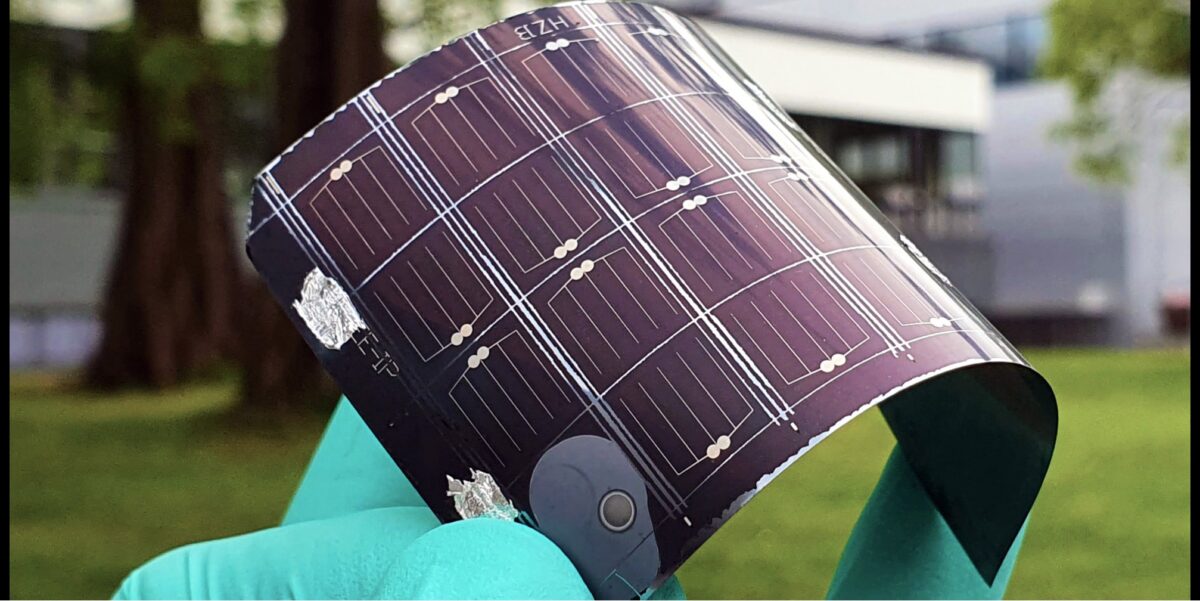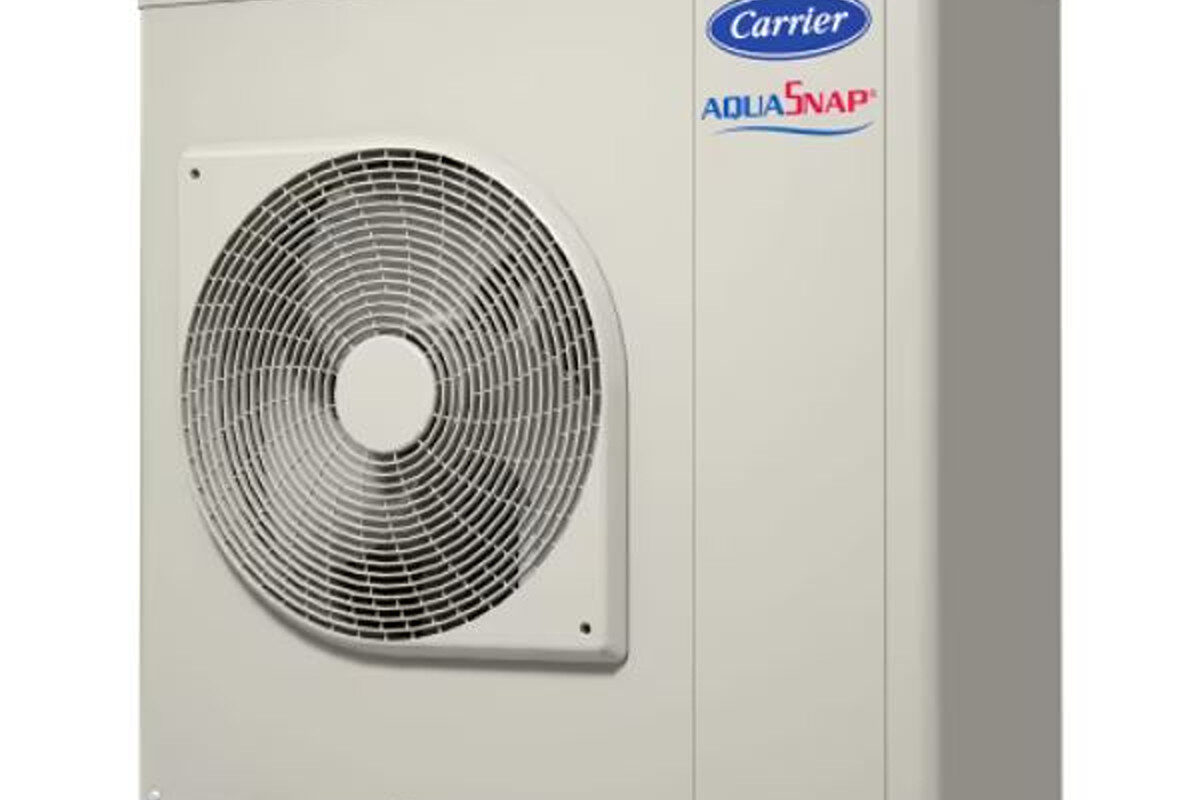A European consortium is developing flexible tandem modules based on perovskite and copper indium gallium diselenide (CIGS) for residential, commercial, vehicle-integrated PV (VIPV) and agrivoltaics applications.
The three-year initiative, coordinated by the University of Innsbruck, is known as Solmates, short for Scaleable High-Power Output and Low-Cost Made-to-Measure Tandem Solar Modules Enabling Specialized PV Applications. It has €5 million in funding from Horizon Europe, and launched in December 2023.
The 2-terminal monolithic tandem cells are to be fabricated on three types of flexible substrates: ultra-thin glass, steel, and polyimide. The project requires roll-to-roll manufacturing processes.
The target panel size for the project is 100 cm2 with at least 25% efficiency. The tandem cells with a narrow bandgap CIGS bottom cell and a perovskite top cell are to be 1 cm2 lab-scale devices with at lest 30% power conversion efficiency. Furthermore, a “unique serial interconnection” will enable flexibility when it comes to module shape, size and output voltage.
“Four partners are working on the bottom cell and four at the top cell. They use different preparation methods and have complementary expertise for preparation on different substrates,” Bert Stegemann, project leader at the HTW Berlin University of Applied Sciences in Germany, told pv magazine. “Having multiple PV suppliers in the consortium allows us to make use of synergies and integrate diverse technological approaches.”
Launched a little over a year ago, the Solmates group is working on stack optoelectronic property optimization, handling of the flexible substrates, and deposition processes and patterning of all layers required for the tandem structure,
“The first key milestones are due in May 2025. These include the life cycle analysis, process development for laser patterning and series interconnection, optimization of the perovskite bandgap, and the development of recycling strategies,” said Stegemann.
A low-cost, roll-to-roll process that includes inline quality control is being developed. Such industry-compatible production methods position the technology for later scaling. Furthermore, the work package includes a recycling strategy, and a review of end-use applications that encompass environmental, social, and economic benefits.
Participants include Germany-based materials company Solaveni, a subsidiary of Poland-based Saule Technologies, Italian perovskite startup Greatcell Solar Italia Societa' A Responsabilita' Limitata (now known as Halocell Europe), Swiss-based lab materials specialist Solaronix, and two Austria-based companies: DePro Control, a vacuum deposition technology provider, and Sunplugged Solare Energiesysteme, a CIGS specialist.
In addition, the following research groups are participating: Helmholtz-Zentrum Berlin für Materialien und Energie and Humboldt-Universität Berlin, HTW Berlin University of Applied Sciences, Netherlands Organisation for Applied Scientific Research (TNO), UK-based Oxford Brookes University, Semilab Felvezeto Fizikai Laboratorium Zartkoruen Mukodo Reszvenytarsasag (Semilab) in Hungary, University of Rome Tor Vergata, Innsbruck University, and Korea Institute of Energy Research (KIER).
This content is protected by copyright and may not be reused. If you want to cooperate with us and would like to reuse some of our content, please contact: editors@pv-magazine.com.



By submitting this form you agree to pv magazine using your data for the purposes of publishing your comment.
Your personal data will only be disclosed or otherwise transmitted to third parties for the purposes of spam filtering or if this is necessary for technical maintenance of the website. Any other transfer to third parties will not take place unless this is justified on the basis of applicable data protection regulations or if pv magazine is legally obliged to do so.
You may revoke this consent at any time with effect for the future, in which case your personal data will be deleted immediately. Otherwise, your data will be deleted if pv magazine has processed your request or the purpose of data storage is fulfilled.
Further information on data privacy can be found in our Data Protection Policy.